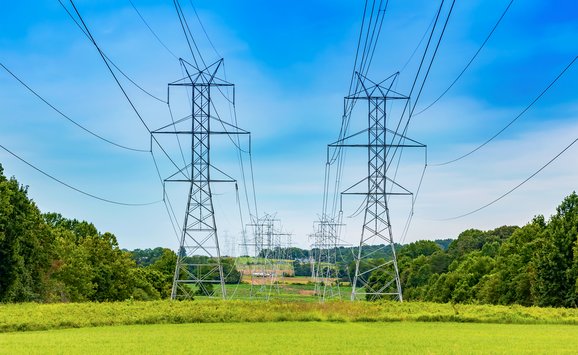Shortly following his inauguration, President Trump began signing executive orders for action to keep promises made on the campaign trail. One such promise was to rescind the Obama administration’s Climate Action Plan, an initiative to reduce US greenhouse gas emissions. While Trump has yet to take specific action on this front, the revamped White House website outlines the administration’s commitment “to eliminat[e] harmful and unnecessary policies such as the Climate Action Plan.” What this means for the US Environmental Protection Agency’s Clean Power Plan—completed under Obama’s climate directives with the goal of cutting carbon emissions from the US power sector by 30 percent from 2005 levels by 2020—remains to be seen. The plan is currently stayed by the Supreme Court and under review in federal appellate court. And although states may continue pursuing strategies to reduce carbon emissions on their own, at the federal level, the future of the Clean Power Plan is highly uncertain.
As RFF’s Nathan Richardson points out in a previous blog post, “The Clean Power Plan is a final rulemaking and is therefore federal law. It cannot be discarded at the stroke of a pen. Still, Trump does have two possible paths to eliminating it, both of which would have ongoing legal consequences. First, Trump could simply refuse to defend the Clean Power Plan. … If the DC Circuit rejects the law, Trump could refuse to appeal to the Supreme Court, and the rule would die.” He could also put it under fire through a new rulemaking process to change the law, which Richardson explains “would take months, possibly years. Since the Clean Power Plan does not come into effect for a few years, however, this delay wouldn’t matter much. The rule would remain in legal effect but would be a dead man walking.
Get Richardson’s full take on the future of the Clean Power Plan under Trump, as well as an assessment of the stakes for other climate-related US policy under Trump, including the Clean Air Act, the Paris Agreement, and other rules: The Trump Administration and Climate.
RFF on the Issues connects today’s pressing news with related research and expertise at RFF.
The views expressed in RFF blog posts are those of the authors and should not be attributed to Resources for the Future.




